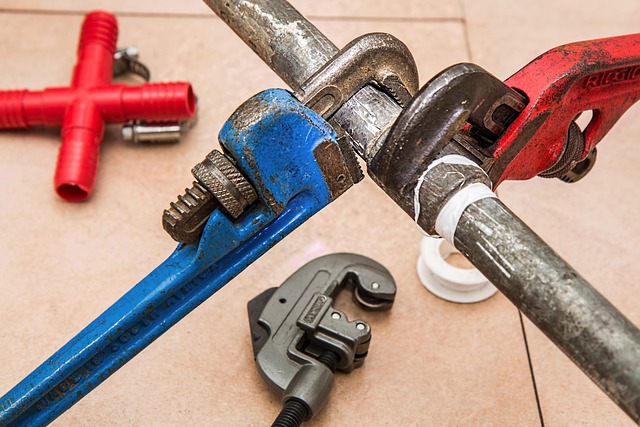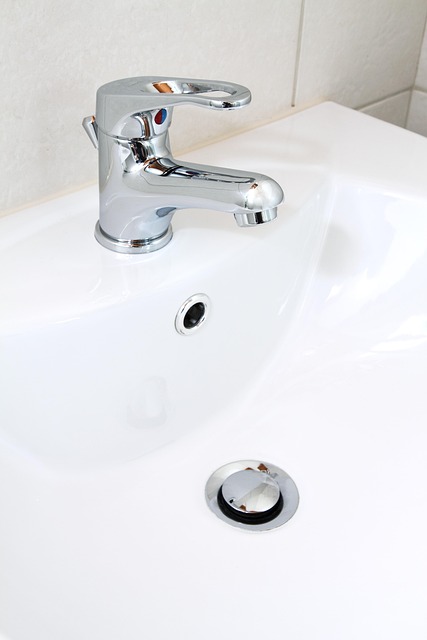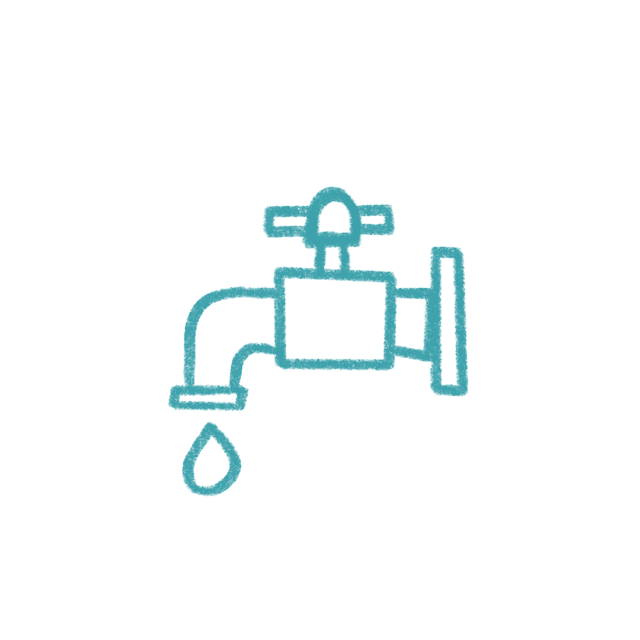Traditional plumbing materials harm the environment due to high energy use and toxic substances. Smart monitoring technologies track water usage, detect leaks early, and optimize performance. This promotes responsible water conservation, reduces utility costs, and fosters sustainability in both residential and commercial plumbing. Integrating smart monitoring with eco-friendly materials revolutionizes plumbing, offering efficient leak detection, usage analysis, and improved maintenance.
Upgrading to sustainable plumbing materials is no longer a niche consideration but a necessary step towards a greener future. Traditional options contribute to environmental degradation, from water wastage to energy-intensive production. This article explores the shifting landscape of eco-friendly alternatives and the role of technology in facilitating this transition. We delve into smart monitoring systems that promise not only reduced environmental impact but also significant cost savings, highlighting the benefits for both homeowners and the planet.
- Understanding the Impact of Traditional Plumbing Materials
- The Rise of Eco-Friendly Alternatives: A Smart Shift
- Integrating Technology: Smart Monitoring Systems
- Benefits and Cost Savings for a Sustainable Future
Understanding the Impact of Traditional Plumbing Materials

Plumbing materials have long been a hidden contributor to environmental degradation, often overlooked despite their significant impact. Traditional materials like copper and PVC have severe drawbacks—they are energy-intensive to produce, contributing to greenhouse gas emissions, and their disposal poses challenges due to toxic substances they may contain. Moreover, these materials’ longevity is often accompanied by a lack of adaptability, leading to frequent replacements and increased waste.
In the context of sustainability, embracing smart monitoring technologies becomes vital. These innovations allow for precise tracking of water usage, leaks, and plumbing performance, enabling homeowners and businesses to make informed decisions. By understanding their plumbing’s behavior, users can identify inefficiencies and areas for improvement, ultimately promoting responsible water conservation—a key aspect of sustainable living.
The Rise of Eco-Friendly Alternatives: A Smart Shift

The plumbing industry is experiencing a significant shift towards eco-friendly alternatives, marking a promising step towards sustainability. This rise in demand for green plumbing materials isn’t just a trend but a conscious decision by homeowners and businesses alike to reduce their environmental impact. Traditional plumbing options often contribute to water waste, high energy consumption, and the release of harmful chemicals, prompting a search for smarter solutions.
One such innovative approach is the integration of smart monitoring systems. These advanced technologies allow users to track water usage in real-time, identify leaks promptly, and optimize plumbing efficiency. By embracing eco-friendly materials and smart monitoring tools, individuals and organizations can contribute to conservation efforts, reduce utility bills, and play a vital role in building a more sustainable future, one fixture at a time.
Integrating Technology: Smart Monitoring Systems

The integration of technology in plumbing systems through smart monitoring is transforming the way we manage water resources and infrastructure. These advanced systems employ sensors and IoT (Internet of Things) devices to track water flow, pressure, and quality in real-time. This data provides valuable insights into system performance, helping to identify potential leaks, blockages, or other issues before they escalate.
By leveraging smart monitoring, plumbing professionals can proactively address problems, reduce water waste, and optimize system efficiency. Moreover, these systems enable remote monitoring and control, allowing for quicker response times to emergencies and routine maintenance tasks, ultimately leading to more sustainable and reliable plumbing operations.
Benefits and Cost Savings for a Sustainable Future

Upgrading to sustainable plumbing materials offers a multitude of benefits, both immediate and long-term. These include reduced water consumption, which not only conserves this precious resource but also lowers utility bills for homeowners and businesses alike. Additionally, sustainable materials are designed to be durable and low-maintenance, minimizing the need for frequent repairs and replacements, further saving costs over time.
One emerging advantage is the integration of smart monitoring technologies. Advanced plumbing systems equipped with intelligent sensors can detect leaks, monitor water usage patterns, and optimize distribution, leading to even greater efficiency. This data-driven approach allows for proactive maintenance, preventing potential issues before they escalate. By embracing sustainable plumbing practices and leveraging smart monitoring, we contribute to a more environmentally friendly future while reaping significant financial rewards.
